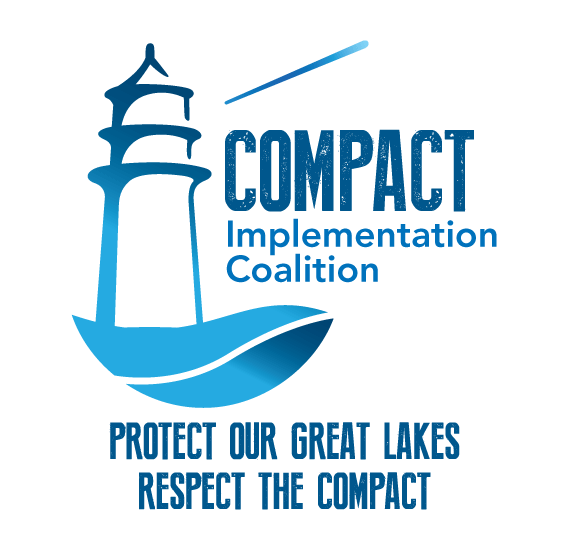Who's waiting in line behind Waukesha to divert water from the Great Lakes? →
Who's waiting in line behind Waukesha to divert water from the Great Lakes? - Minnesota Post, December 17, 2015
Author: Ron Meador
Second of two parts.
Though Waukesha would prefer that its bid for Lake Michigan water be decided only on its merits, its application under the Great Lakes Compact is freighted with both a history of belligerence and future prospects of additional diversion attempts – patterned on Waukesha’s if it succeeds – by other communities across the Great Lakes basin.
In “The Great Lakes Water Wars,” Peter Annin wrote that Waukesha – once a “water tourism” destination on the strength, especially, of its supposedly magical springs – gained a decades-old reputation for its “pugnacious, irascible and unreasonable” tactics when those natural resources dwindled from overuse.
Excerpts from his comments, lightly compressed, on these and other topics from our interview on Monday afternoon:
On Waukesha’s contentious history
Over time, because of groundwater pumping and development, the springs ran dry, then got paved over in some cases, and the city segued from water destination to water beggar.
The groundwater got pumped down to a point where naturally occurring contaminants became concentrated – the most important of which was radium, which reached concentrations in the 1980s that brought federal pressure on Waukesha, and state pressure as well, to find an alternate water source.
Waukesha didn’t like that, they thought they were fine, so they sued the federal government, and lost, and continued for years to fight off and on, until the financial penalties became too great. Then they said they needed Great Lakes water but shouldn’t have to return it. And this went on and on.
But now, Waukesha has hired consultants – political, engineering, environmental – and they’re a kinder, gentler water applicant now. I think Waukesha has learned that you can’t just force the Great Lakes governors to give you water, you have to make your case, and you make your case by being diplomatic and playing by the rules, and that’s what they’re doing now. It’s interesting how Waukesha has changed its tone – not its tune, necessarily – but the tone of its approach.
But for the environmental advocates who remember those old days, it’s harder for them to see past all that to where we are today.
Read the complete article here.
